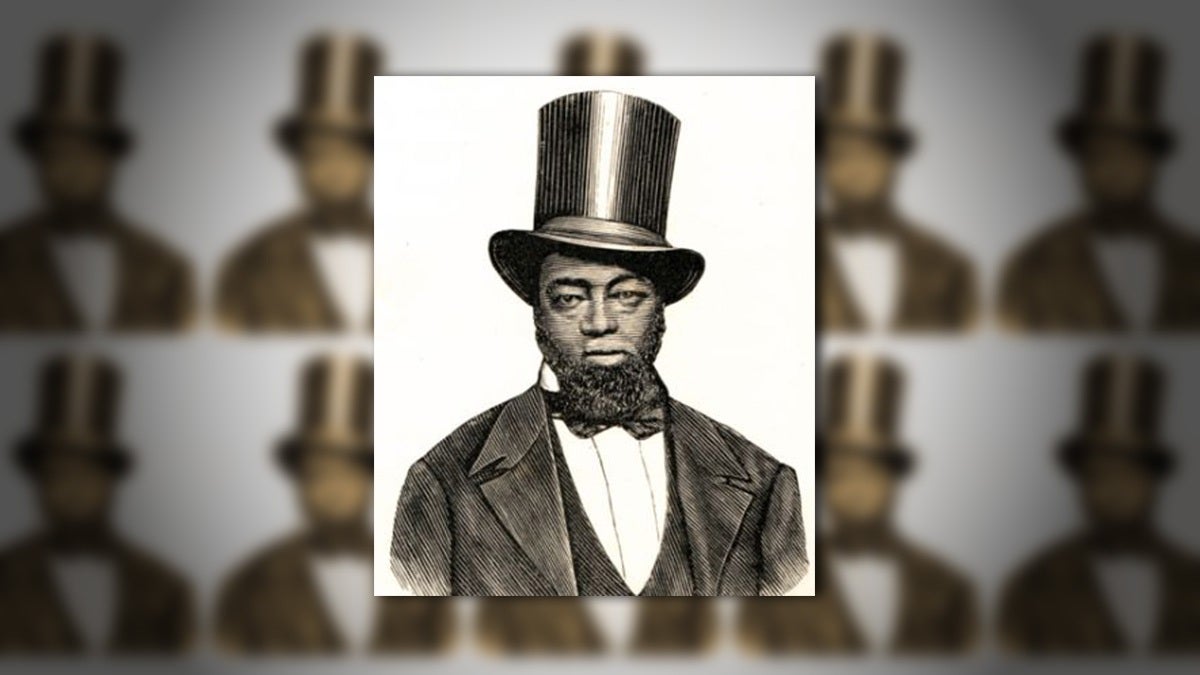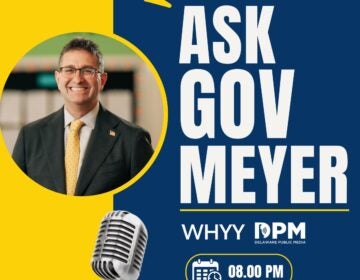Delaware governor to pardon man who helped slaves escape
Listen
Samuel Burris (1808-1868)
Gov. Jack Markell to posthumously pardon Underground Railroad conductor Samuel Burris.
Samuel Burris, a free black man and conductor of the Underground Railroad, was caught helping a slave escape Delaware in 1847.
After he was found guilty for his actions, he was ordered to be sold into slavery for seven years, but instead abolitionists bought his freedom.
Now 170 years later, Gov. Jack Markell, D-Delaware, is offering the late Burris a pardon.
“This was an opportunity to make right what was a historic wrong, and when we have an opportunity to do something like that in a case like this we should,” he said. “I think this is someone who demonstrated steadfast courage while putting himself in grave personal danger.”
Historians say despite the conviction Burris continued his work, and slaveholders and sympathizers complained to the state legislature. Burris left the state when lawmakers responded with a law that could have brought on a death sentence.
After receiving letters asking for the pardon, Markell asked permission from the Board of Pardons. Markell said this was an extraordinary case and nothing like this has been achieved in Delaware. He said there will be a ceremony Nov. 2, and details will be announced at a later date.
Robert Seeley of Havertown, Pa. wrote to the Governor in January requesting pardons for Samuel Burris, John Hunn and his own ancestor Thomas Garrett, all abolitionists in Delaware.
The Governor can’t issue a pardon in Hunn and Garrett because they were tried in federal court, not state court.
“It’s an honor, and it has brought justice to Samuel Burris and the Burris family. It’s a win situation for the state of Delaware. It’s a victory,” Seeley said.
Ocea Thomas of Atlanta learned she’s a descendent of Burris about two years ago when she was working on her family tree. She submitted a four-page letter to the Governor in May in support of the pardon. Thomas received a phone call Saturday with the good news the pardon is being approved.
“After I thanked the staff member I broke down in tears,” she said. “The emotion was that it was over, that all the hard work for the people before me who had tried to make it happen had been realized and he was vindicated.”
WHYY is your source for fact-based, in-depth journalism and information. As a nonprofit organization, we rely on financial support from readers like you. Please give today.




